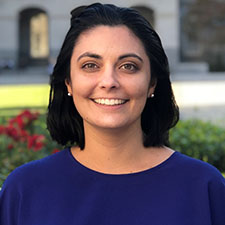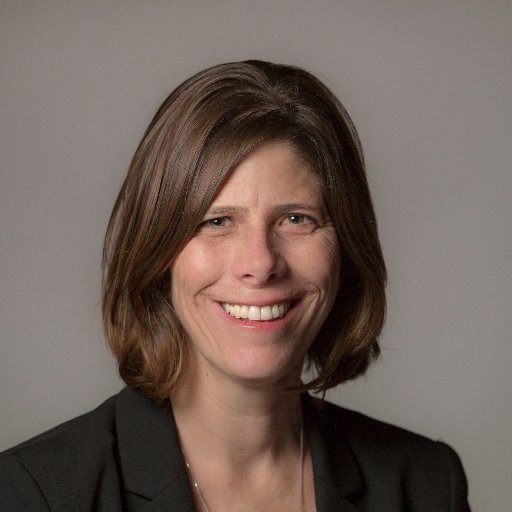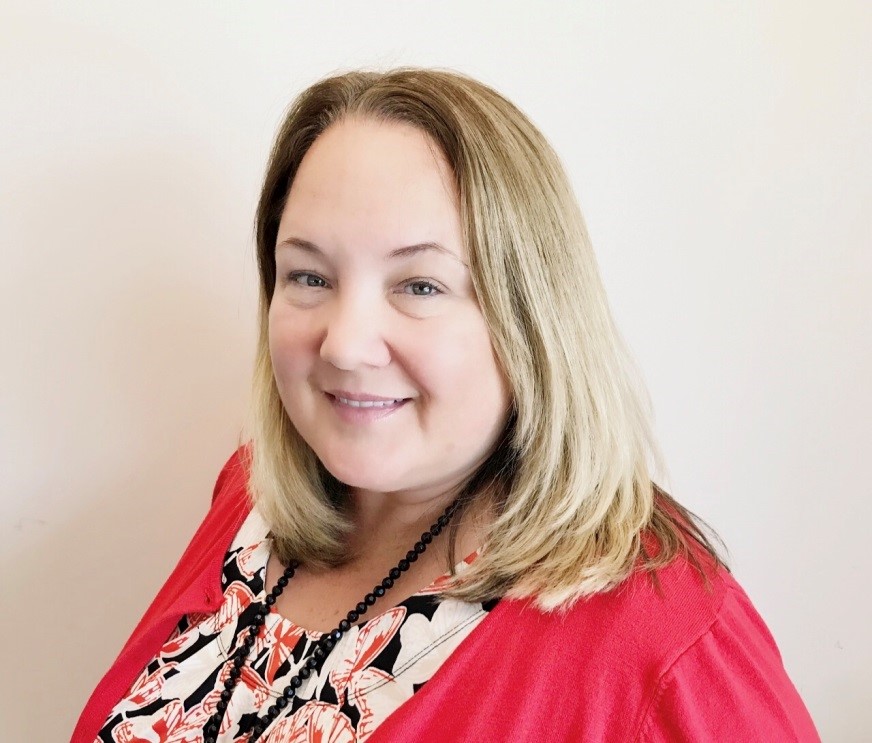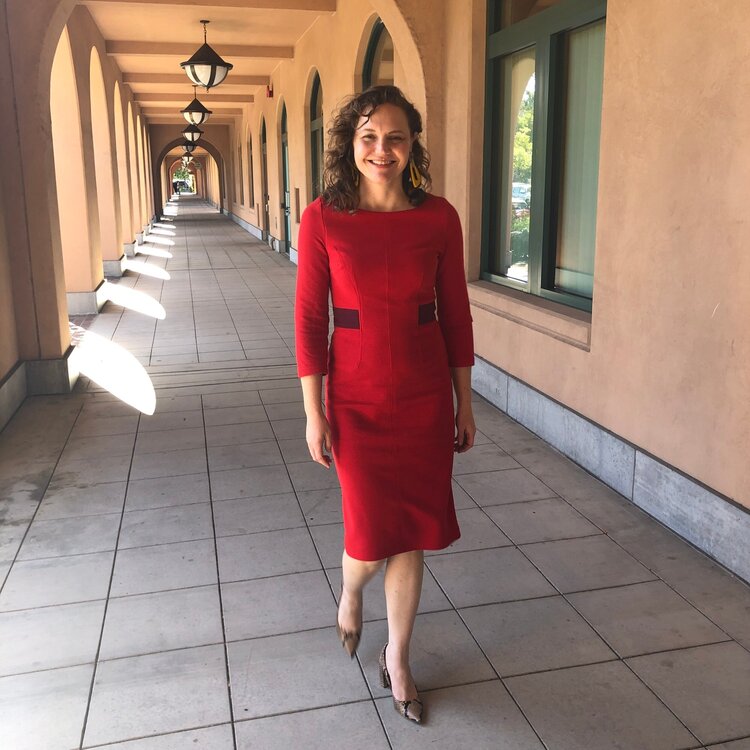
Mental Health Briefing - Day 1
Description
As COVID-19 continues to ravage communities and state economy plummets, California policymakers have started discussions on how to best reform the state’s mental health system. COVID-19 has exacerbated longstanding racial and ethnic disparities in mental health care. Drastic cuts to mental health funding are underway due to a COVID-19 induced recession, and we can expect it to worsen in coming years. Each successive crisis has a cumulative detrimental impact on the mental health of communities of color. Mental health reform is necessary and more urgent than ever.
However, it is imperative we understand how intergenerational patterns of systemic racism and implicit bias has actively driven the persistence of mental health disparities and dwindling of resources in communities of color. Racial equity must be central to conversations about mental health reforms.
At this virtual event, attendees will develop a foundational understanding of how racism performs within the context of mental health, mechanisms associated with identifying mental health disparities, and factors impacting the looming mental health budget crisis. Attendees will also learn about existing and future strategies aimed at promoting racial equity in mental health and programs that should be broad to a statewide scale.
Join us for a virtual two-day webinar to discuss the most critical behavioral health policy issues we are facing. We will have speakers from foundations, associations, policymakers, and community-based organizations.
Topics will include the:
- latest data on racial, ethnic disparities in our health care delivery system, including county behavioral health and Medi-Cal managed care
- the future of funding for behavioral health services in California
- evidence-based and culturally and linguistically appropriate strategies to address behavioral health disparities communities of color face
- county sponsored initiatives to expand services for the most vulnerable residents (including undocumented immigrants)
- county sponsored initiatives to provide mentorship, technical assistance, and resources to community-based organizations interested in becoming county behavioral health contractors
We will send out the virutal event link prior to the meeting. You can sign up for both days during registration - just click register for another event on the Event Summary Page.

Materials
- Agenda
- Speaker Bios
- Day 1 PowerPoint Presentation
- Mental Health Disparities by Race and Ethnicity for Adults in Medi-Cal
- Enhancing the My Health LA Program
- My Health LA Behavioral Health Fact Sheet
- Solano County ICCTM Innovation Project
- The Future of Behavioral Health Funding
Speakers
 Le Ondra Clark Harvey, Ph.D. Chief Executive Officer
Le Ondra Clark Harvey, Ph.D. Chief Executive Officer
California Council of Community Behavioral Health Agencies
Dr. Clark Harvey is the Chief Executive Officer of the California Council of Community Behavioral Health Agencies, and the Executive Director of the California Access Coalition. Dr. Clark Harvey has previously served as Chief Consultant to the California State Assembly Committee on Business and Professions, Principal Consultant to the Senate Committee on Business, Professions and Economic Development, and a health policy consultant to the office of former Senator Curren D. Price, Jr. Prior to her work within the California Legislature, she completed her Ph.D. in Counseling Psychology at the University of Wisconsin, Madison. She completed her pre-doctoral fellowship at the University of Southern California Children’s Hospital Los Angeles and a post-doctoral fellowship at the University of California, Los Angeles Mattel Children’s Hospital. She was also a social justice fellow at the Center for Policy Analysis in San Francisco.
 Kiran Savage-Sangwan, MPA, Executive Director
Kiran Savage-Sangwan, MPA, Executive Director
California Pan-Ethnic Health Network
Kiran Savage-Sangwan is executive director of the California Pan-Ethnic Health Network (CPEHN), a statewide, multicultural health policy organization. At CPEHN, Kiran previously served as health integration policy director and deputy director. She was the chief architect of many recent CPEHN bills in Sacramento, including the groundbreaking measure requiring hospitals to have a discharge plan in place before releasing poor and homeless people. The bill became law in 2018. Kiran also worked as director of legislation and advocacy for the National Alliance on Mental Illness California and as an organizer focused on immigrant rights for the American Civil Liberties Union of Northern California.
Anna Gorman, MS, MPH, Director of Community Partnerships and Programs
Los Angeles County Department of Health Services
Anna Gorman is the Director of Community Partnerships & Programs for the LA County Department of Health Services. In that role, she runs My Health LA, the county's health care program for low-income residents who don’t qualify for health insurance, and she helps oversee the Medical Legal Community Partnership program. Anna previously worked at the Kaiser Family Foundation, a national nonprofit health policy organization. She worked as a health journalist at the Los Angeles Times and Kaiser Health News, where she wrote about health care for NPR and the Washington Post. Anna has taught at USC and Harvard, and she has a bachelor’s degree from UC Berkeley, a master’s in journalism from Columbia University and a master’s in public health from UCLA.
Tracy Lacey, LMFT, Senior Mental Health Services Manager and Mental Health Services Act Coordinator
Solano County Behavioral Health Department
Tracy Lacey, LMFT, is a Senior Mental Health Services Manager and the Mental Health Services Act (MHSA) Coordinator for Solano County Behavioral Health a Division of Solano County Health & Social Services. Since 2015 Tracy has been in the role of the MHSA Coordinator responsible for community program planning, as well as the execution and oversight of the MHSA Three-Year Plan. The MHSA Plan ensures funding and support for the County Behavioral Health system to provide a continuum of care for the lifespan with services that are equitable, timely, and promote wellness and recovery for all consumers served.
Mihae Jung, MSW, Community Advocacy Director
California Pan-Ethnic Health Network
Mihae Jung received her Master's in Social Work (MSW) from the University of Washington, Seattle, and her B.A. in Film and Media Studies at the University of California, Santa Barbara. Prior to joining CPEHN, she was an LA County Health Fellow for the Women’s Policy Institute in 2016, and the Prevention Education Manager at the Koreatown Youth Community Center (KYCC). At KYCC, she chaired regional coalitions to promote equity and health in land-use development, gaining extensive experience in coalition building, city/county-wide policy advocacy, and community engagement. Mihae brings to CPEHN her unique background as an organizer and an educator, having worked for nearly 10 years with immigrant communities and communities of color. She is currently an Adjunct Faculty at California State University, Northridge (CSUN).
Michelle Doty Cabrera, Executive Director 
California Behavioral Health Directors Association
Michelle Doty Cabrera joined CBHDA as Executive Director in May 2019. Ms. Cabrera has a wealth of experience on state budget and policy as an advocate and staff for the California legislature. Prior to joining CBHDA she served as the Healthcare Director for the California State Council of the Services Employees International Union (SEIU California), where she advocated on behalf of healthcare workers and consumers, including SEIU California’s county behavioral health workforce. She served as a Senior Consultant for the Assembly Human Services Committee, where she specialized in child welfare issues and staffed legislation which extended foster care in California to age 21. Ms. Cabrera also served as a Program Officer for the California Healthcare Foundation, working as a liaison on state health policy in Sacramento. Ms. Cabrera serves as a member on the National Quality Forum’s Standing Committee on Disparities and on the Board of Directors of the California Pan-Ethnic Health Network.
 Gulshan Yusufzai, Executive Director
Gulshan Yusufzai, Executive Director
Muslim American Society Social Services Foundation
Gulshan Yusufzai is the executive director of MAS-SSF. She has over 16 years experience in administration including 5 years with mental health policy. Her passion is in system change for the underserved community. To this end she previously worked for the California Institute for Mental Health and has worked as the Deputy Director of the California Network of Mental Health Clients. As the executive director, Gulshan strives to increase representation of undeserved groups in local muslim communities while having more resources available locally, statewide, and at a federal level as well.